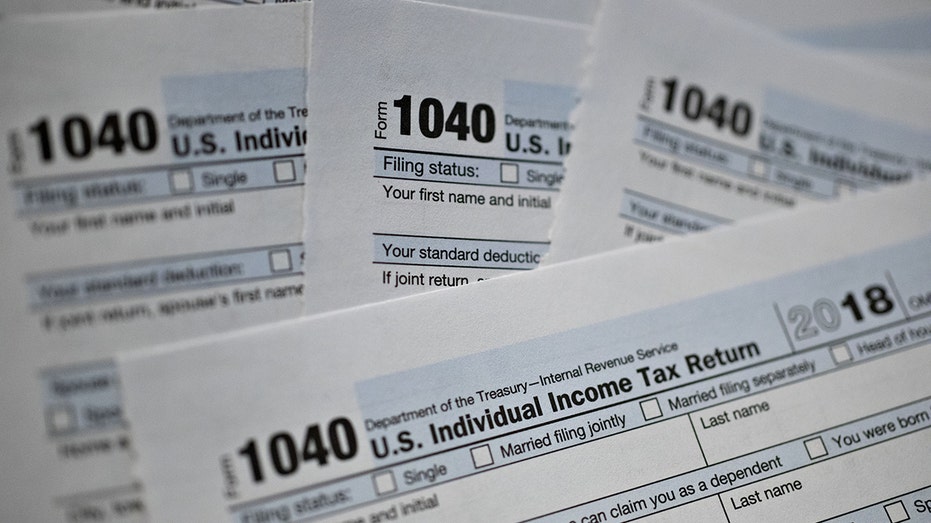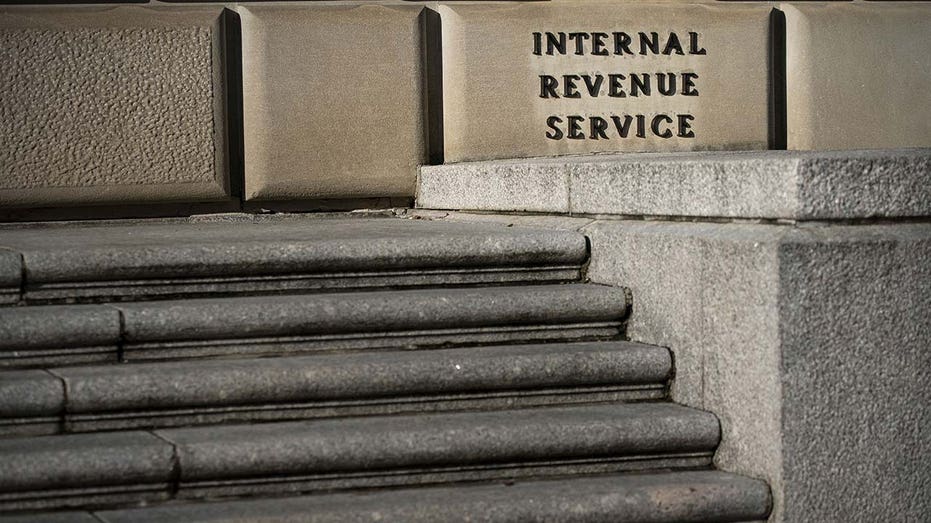Small business and self-employed taxes: Everything you need to know
The average federate tax rate on small businesses is nearly 20%
Biden's IRS reporting device for third-party payment processors 'will affect your taxes,' says Norquist
Americans for Tax Reform President Grover Norquist argues people who have a side hustle and independent contractors are 'being swept up' by the administration's latest IRS push.
Tax-paying small business owners and self-employed individuals in the United States are one of the most important facets of the nation's economy.
The Internal Revenue Service has outlined specific ways for small business owners or self-contractors to file their taxes and provide deductions designed to ease the tax burden.
However, most taxation for these entities is based on the structure of the business and the state in which they operate.
How much do small businesses and self-employed individuals pay in taxes?
The amount of taxes that a small business must pay depends on various factors, including the state in which the entity is located, the structure of the business and the amount of income that the business generates every year. In the United States, corporations pay a federal flat tax rate of 21% on all business profits, but the average tax rate for small businesses acting as sole proprietorship is 13%.
A QUICK TAX HISTORY: HOW DID WE GET HERE?

Small businesses owners pay an average federal tax rate of around 19.8% across the United States. (Daniel Acker/Bloomberg via Getty Images / Getty Images)
Overall, most small businesses in the nation pay a federal tax rate of 19.8%, while small partnership-structured companies pay 23% and small corporations pay 26.9%. The taxes of these companies and self-employed individuals greatly depends on the state in which they are located. For example, states such as Wyoming, South Dakota, Alaska, Florida, Montana, New Hampshire, Nevada and Indiana have some of the nation's lowest individual and business tax rates.
However, states like California and New York have high sales, corporate and individual income tax rates.
What do I need to file if I have a small business?
One of the most essential tax documents to fill out if you are filing for a small business is a Schedule C or Form 1120 or 1120-S tax sheet. Schedule C allows small business owners to file their business taxes through a simple two-page document before they file their personal income tax to the Internal Revenue Service.
After completing Schedule C, business owners should subtract their expenses from their business earnings throughout the year to determine their net profit and then transfer that amount to their personal income tax form. Form 1120 acts as a separate tax filing from the business owner's personal income tax return.
BIDEN TO PROPOSE MAJOR TAX HIKES AS PART OF ADMINISTRATION'S PLAN TO CUT DEFICIT: REPORT
What do I need to file if I'm self-employed?
Along with Form 1040, individuals who are self-employed, or act as individual contractors, will also need to include Schedule 1 and Schedule C with their tax return on the April deadline to the IRS. Moreover, the IRS also recommends that self-employed taxpayers file a Schedule SE if their net earnings are $400 or more a year.
How often do small businesses pay taxes?
The timeline to file taxes for those working for an employer or corporate salary differs from a typical small business owner managing various employee salaries. For example, most taxpayers file their taxes once a year at the April deadline because their employer has withheld various taxes from their wages and done all the necessary paperwork.

The amount of taxation a small business has to pay is based on the structure of the business and the state in which it is located. (Photographer: Al Drago/Bloomberg via Getty Images / Getty Images)
However, small business owners must file and pay taxes on their income every quarter throughout the year to the IRS.
Do small business owners and the self-employed receive tax breaks?
The United States tax law over the last couple of years has been modified to provide more dedication and other tax breaks to small business owners. More specifically, owners of sole proprietorships, partnerships, s corporations, and LLC are eligible for up to a 20% deduction of their qualified business income via The Tax Cuts and Jobs Act passed under the Trump administration.
GET FOX BUSINESS ON THE GO BY CLICKING HERE
Essentially, small business owners and self-employed taxpayers are able to deduct a portion of their business income from their individual income taxes. Also, these individuals are eligible for numerous other deductions, including meals with clients, business travel, and other expenses.




















